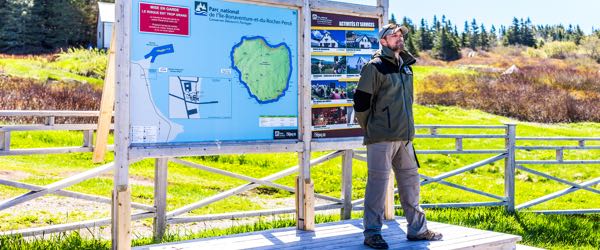What is a Wildlife Enforcement Officer?
A wildlife enforcement officer is a law enforcement professional who specializes in enforcing wildlife laws and regulations. These officers work to protect and conserve wildlife by enforcing laws related to hunting, fishing, trapping, and other activities that may harm wildlife or their habitats.
The job typically involves patrolling natural areas to monitor wildlife populations, enforcing laws related to hunting and fishing, investigating illegal activities such as poaching and trafficking of wildlife, and educating the public about wildlife conservation.
In addition to enforcing wildlife laws, wildlife enforcement officers may work with other law enforcement agencies, government organizations, and non-profit organizations to develop and implement policies and programs to protect wildlife and their habitats. They may also participate in research and conservation efforts, such as wildlife surveys and habitat restoration projects.
What does a Wildlife Enforcement Officer do?

A wildlife enforcement officer is responsible for enforcing laws and regulations that protect wildlife and their habitats. Their main objective is to ensure that wildlife species are protected, conserved, and managed in a sustainable way.
Wildlife enforcement officers typically work for government agencies such as the U.S. Fish and Wildlife Service, state wildlife agencies, or conservation organizations. Their duties can vary depending on the specific organization they work for, but generally, their responsibilities include:
- Enforcing laws and regulations related to wildlife conservation, such as hunting and fishing regulations, wildlife trafficking, and illegal trade of wildlife products.
- Conducting investigations related to wildlife crime and gathering evidence to prosecute offenders.
- Educating the public about the importance of wildlife conservation and the laws that protect them.
- Monitoring and managing wildlife populations, including conducting surveys and collecting data on the health and behavior of different species.
- Working with other agencies and organizations to develop and implement conservation plans for endangered or threatened species.
- Conducting search and rescue operations for wildlife in distress.
Overall, the work of wildlife enforcement officers is essential in protecting the natural environment and ensuring that future generations can enjoy the world's wildlife and biodiversity.
What is the workplace of a Wildlife Enforcement Officer like?
The workplace of a wildlife enforcement officer can vary depending on the specific job and organization they work for. In general, wildlife enforcement officers work in the field and spend a significant amount of time outdoors.
They may work in remote and rugged areas such as national parks, wildlife reserves, and forests, where they monitor and protect wildlife populations. This can involve hiking long distances, using boats, ATVs, and other modes of transportation to access remote areas. The work can be physically demanding, requiring the officer to be in good physical condition.
Wildlife enforcement officers may also work in urban areas, where they monitor and enforce laws related to wildlife in cities and suburbs. This can involve investigating complaints related to nuisance animals, illegal pet ownership, and other violations of wildlife regulations.
Regardless of where they work, wildlife enforcement officers often work irregular hours, including evenings and weekends, to ensure that they are available to respond to wildlife-related emergencies and enforcement situations.
The job can also be dangerous at times, as wildlife enforcement officers may need to handle and interact with dangerous or aggressive animals. However, they are typically well trained in wildlife handling and have the appropriate equipment to protect themselves and the public.
Government Agencies
The specific agency that a wildlife enforcement officer works for may vary depending on the country or region, but here are some examples:
- United States Fish and Wildlife Service (USFWS) - Wildlife enforcement officers employed by the USFWS are responsible for enforcing federal wildlife laws and regulations, as well as investigating wildlife crimes and conducting conservation activities.
- National Park Service (NPS) - Wildlife enforcement officers employed by the NPS are responsible for enforcing laws and regulations related to wildlife in national parks and other protected areas.
- State and provincial wildlife agencies - Wildlife enforcement officers employed by state or provincial agencies may work at the local level, enforcing state or provincial wildlife laws, managing wildlife populations, and conducting research on wildlife and their habitats.
- International conservation organizations - some wildlife enforcement officers may be employed by international conservation organizations, such as the World Wildlife Fund, to investigate wildlife crimes and enforce laws and regulations related to wildlife conservation.
- Customs and border protection agencies - Wildlife enforcement officers may also work for customs and border protection agencies to prevent the illegal trade of wildlife and wildlife products across international borders.